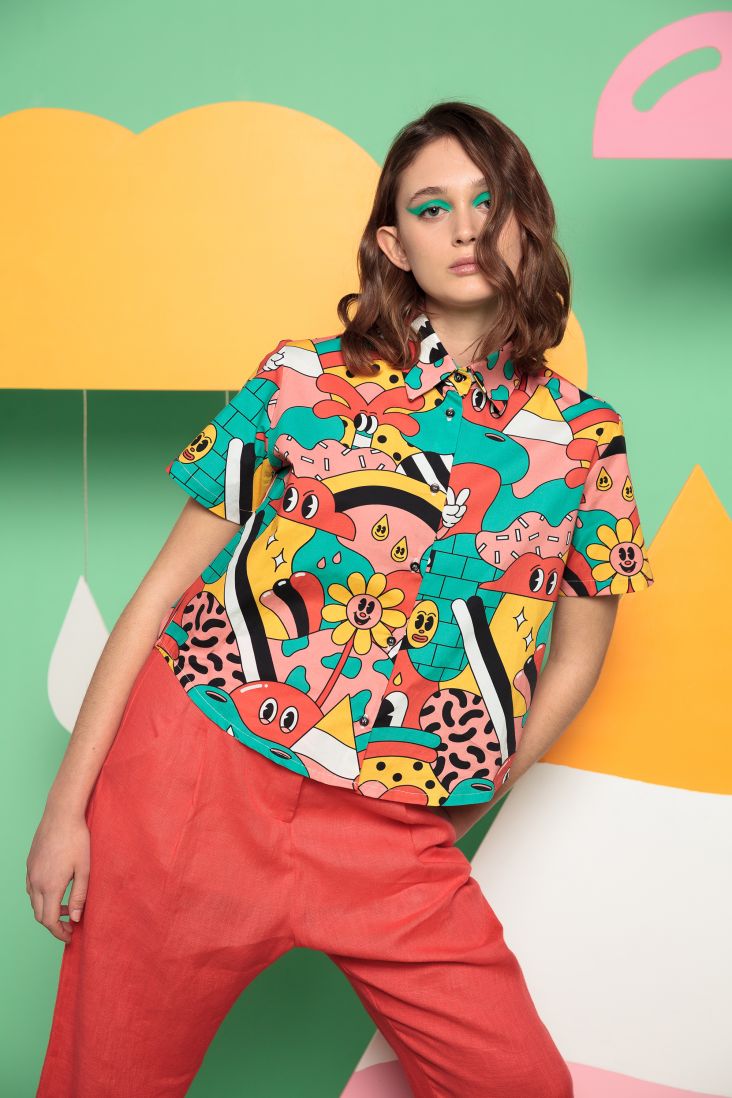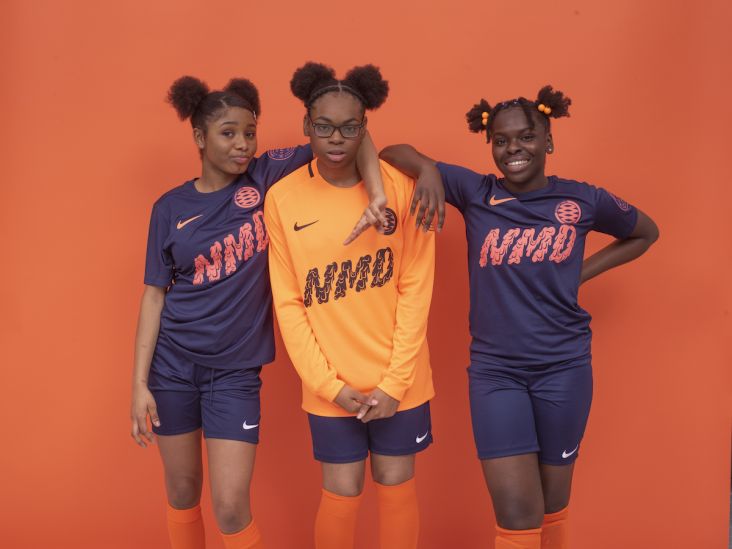Lessen Your Impact: Shops specialising in sustainable fashion
One of the silver linings of recent events is that many of us now want to go even further to reduce our carbon footprint. From eating less meat (or none at all) to being more considerate with what we buy and from whom, last year opened our eyes. So what about our clothes?
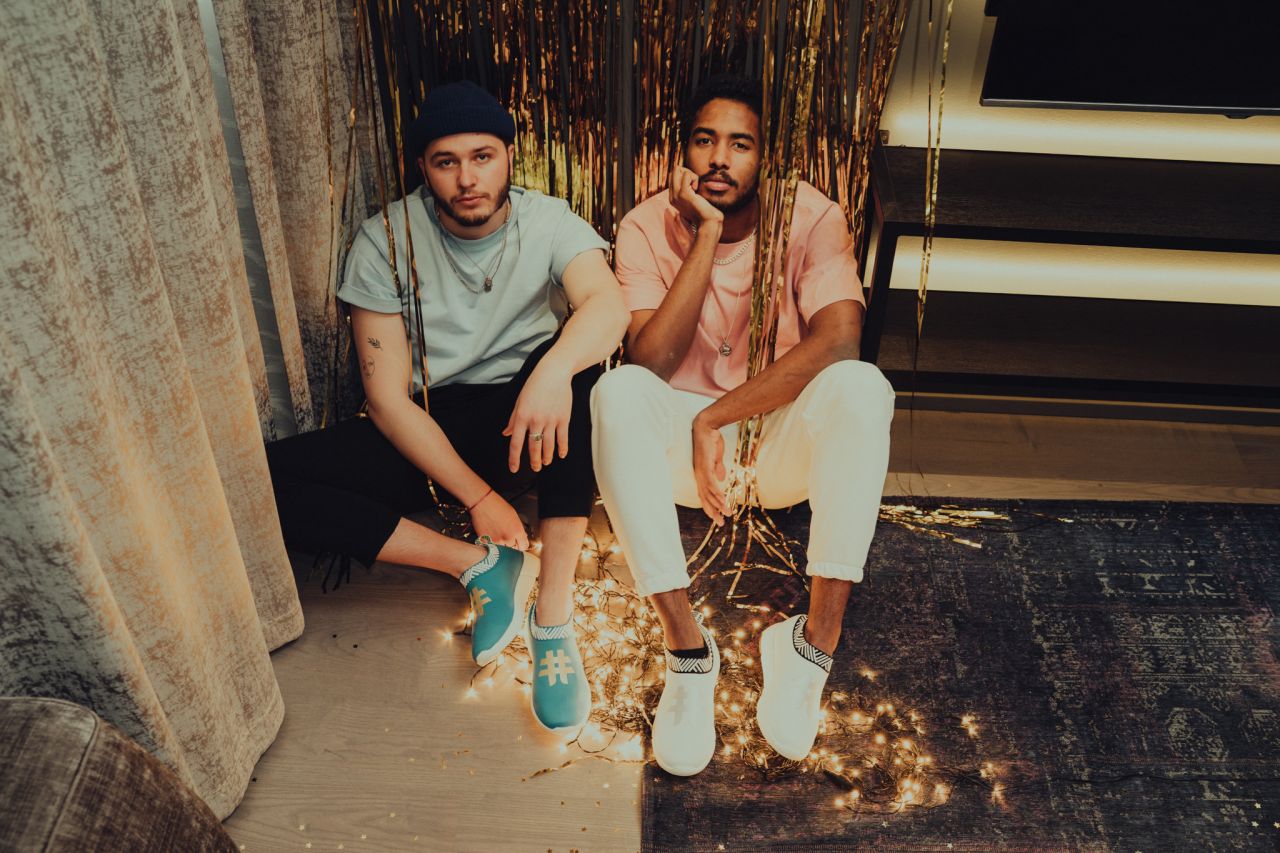
Image courtesy of Rens Original
We asked the creative community on socials to help us out; their suggestions don't just cover fashion for all; there's also some practical outdoor gear for walking in the hills, too. Each brand has a story to tell, one that reveals a passion for doing things differently. Some have been around for a long time; others are freshly born.
One thing's for sure, demand has skyrocketed this year for thoughtful, sustainable fashion and accessories, so some of the larger, more established retailers might want to reconsider how they operate. It's taken many of them long enough.
1. Ponch
Ponch creates rain jackets, raincoats and accessories that are waterproof, breathable and can be quickly packed into themselves. Founded by Sophie Mollison and Alexander Edwards, the company's fabrics are made from 100% recycled post-consumer plastic bottles, which are certified by the Global Recycle Standard (GRS).
And if that wasn't enough creativity thrives at Ponch through collaboration. It works with different artists, printmakers, illustrators and creative thinkers, to design limited-edition prints. "We don't care for trend-driven design – our customers are supporting artists," reads the company's mission statement. "Each collection is designed with purpose, and produced in limited quantities."
We love that the idea for Ponch was "sparked by inconvenience" when founder Sophie was forced into an ugly poncho at Glastonbury, and Alexander was frustrated by bulky outerwear on a camping trip. One we'll all be wearing next year.
 & [Nadira Amrani](https://www.instagram.com/nadiraamrani/). Photography by [Rebecca Douglas](http://www.rebeccadouglas.co.uk/)](https://www.creativeboom.com/upload/articles/ce/cebfd49d14d127ee11f3ea3d17a49453138bcd7e_944.jpg)
Ponch. Denai Moore & Nadira Amrani. Photography by Rebecca Douglas
2. Paynter Jacket Co.
Paynter makes limited-edition jackets sold in "batches" three times a year that sell out in minutes, if not seconds. Although popular styles have thousands on the waitlist, this is no "hype brand", the couple behind Paynter are bringing meaning back to clothing and changing what it means to be sustainable by making to order and taking customers behind the scenes as their jacket is made for them.
Their no-waste business model has been noted as a business model of the future. Sound good? Look out for Paynter's next jacket out in February, but you can expect something sooner in January, they've just not told anybody what it is yet.
3. Rapanui
With a lifelong mission to make clothing sustainable, Rapanui is an award-winning sustainable fashion and technology from the Isle of Wight. Its products are made from natural materials, using renewable energy, and everything it makes is designed from the start to be sent back when it is worn out. The brand's new products are then from the materials it recovers. "Instead of making waste, we make new products from it. It's a circular supply chain," says Rapanui.
Even better, at its factory on the Isle of Wight, its t-shirts are produced in real-time, in the seconds after they are ordered. "We only make what people actually need, when they need it," it adds. Sound good? Rapanui has also built a platform so that anyone in the world has access to its supply chain and tech. It's called Teemill, and it's free. Lots to celebrate here.
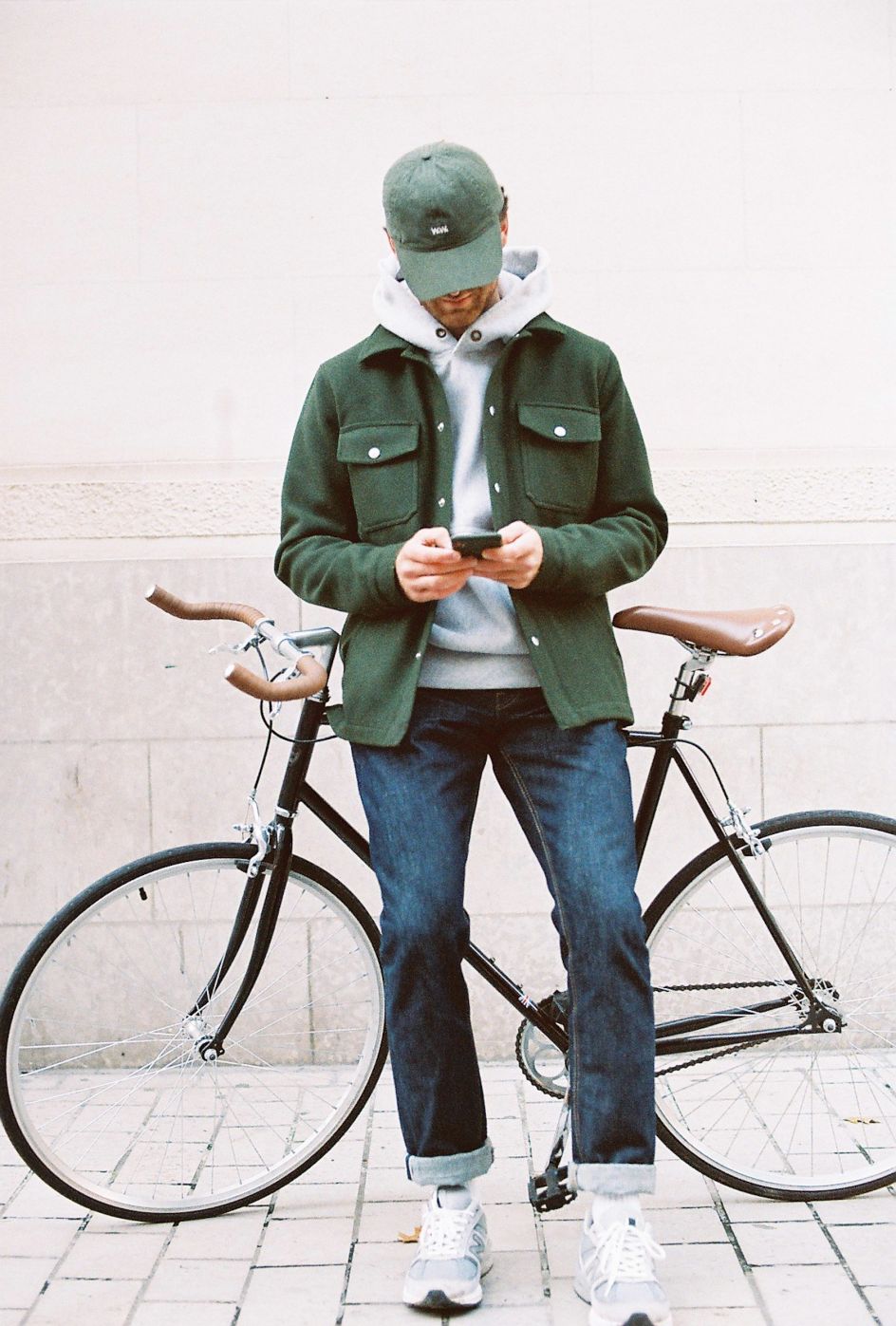
Paynter Jacket Co. Photography by Jim Marsden
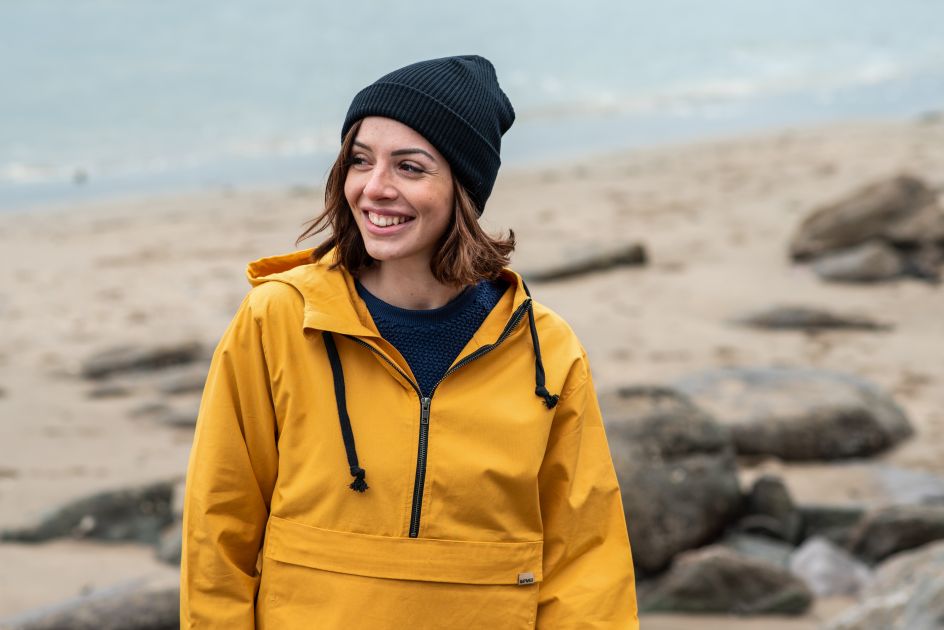
Rapanui
4. Lucy & Yak
Founded by Lucy Greenwood and Chris Renwick in 2017, Lucy & Yak is an independent company that makes ethical, organic dungarees and clothing. It's extremely passionate about showing the industry and leading the way in how you can create a successful business differently – a place where everyone from production to customer can be happy.
"The aim is to demonstrate that a clothing label can produce awesome, high-quality ethical clothing while always working towards a more positive environmental and social impact," explains the team behind the brand. "Most importantly, the goal is to prove that you can do all of this without someone in the chain not receiving their fair share. The system is whatever we all decide to make it, so let's make a system where everyone wins."
Each garment is produced by factories across North India or Turkey, as well as Lucy & Yak's own warehouse in Yorkshire, where their capsule Made in Britain collection is made. They try to reduce waste where possible with any garments that are less than perfect sold at a discounted price via their dedicated Depop store. And that's not all! Their packaging is environmentally conscious, with all postage material and stationary being 100% recycled and biodegradable. This means that every package and its contents are biodegradable, reusable and recycled.
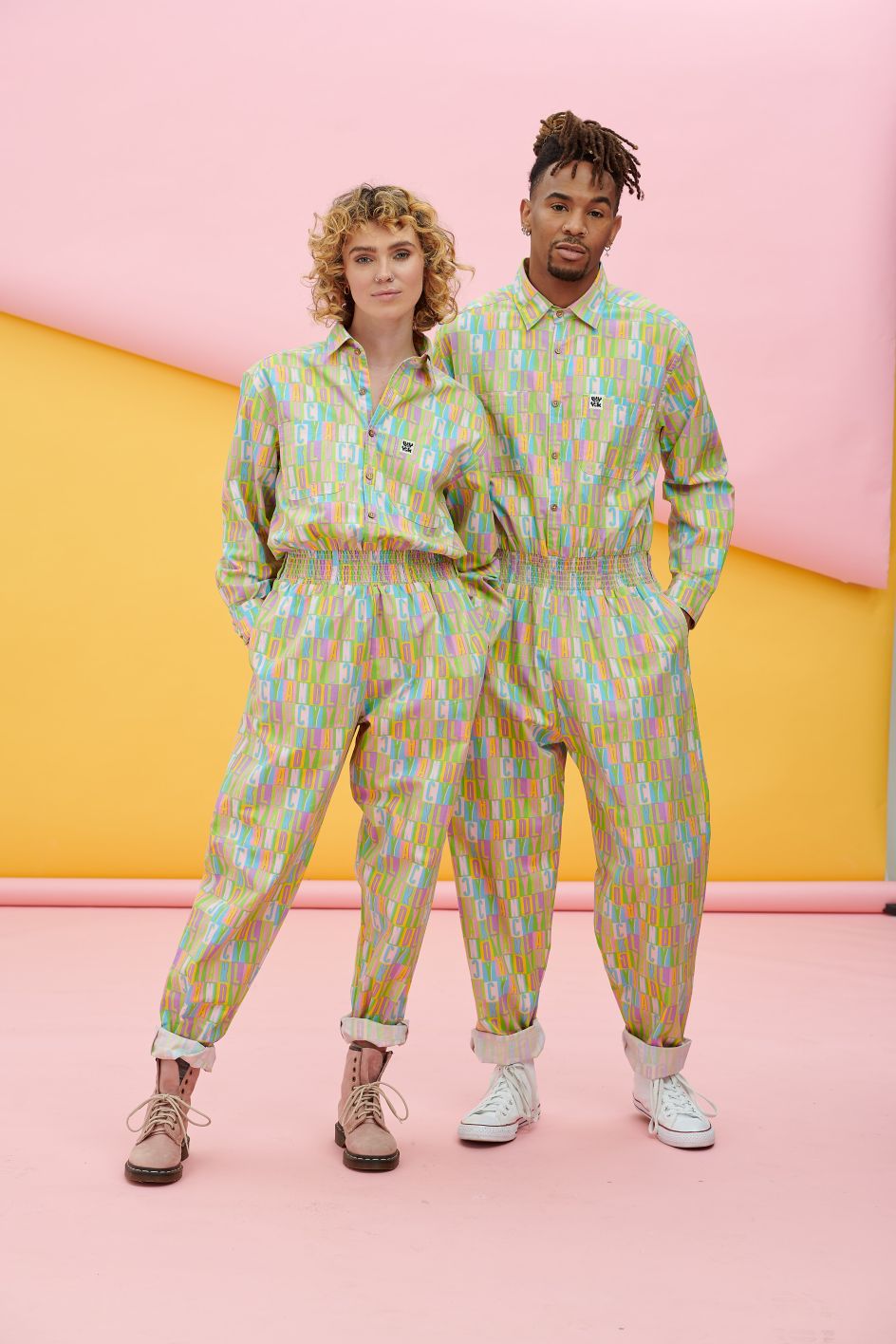
Lucy & Yak
5. Millican
Based in the Lake District, Millican sells gorgeous and sustainable bags and accessories for the discerning outdoors explorer and city traveller. Its ethos has always been to make only what it thinks we need: a "use less, be more" approach to life, while it recognises that the material world is driven by seasons newness, something it's tried to tread lightly against.
Other than the occasional new colour, its products never change. They are built to last. "We have a belief, along with a growing movement of others, that if you create multifunctional, durable products that can take you from home, office, hillside and beyond, you can have a simpler life – focusing on what’s ahead and not what's on your back," says Millican.
"We look out of the window for inspiration, for colour choices and products that stand the up to the varying landscapes, but we are firmly in the belief that the seasons are better left to nature, and not our product development cycle, it's more un-sustainable to try and sustain that model."
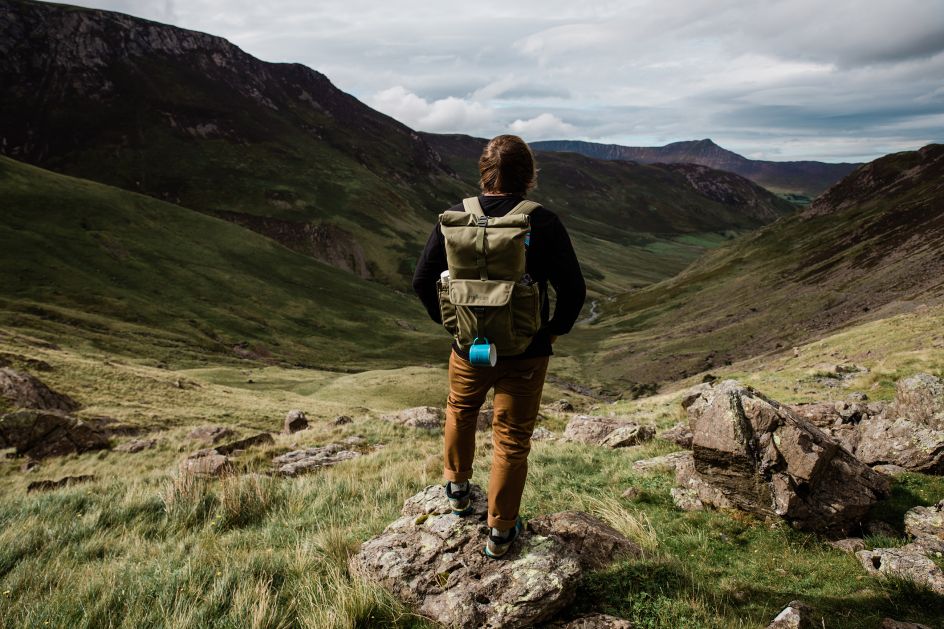
Millican
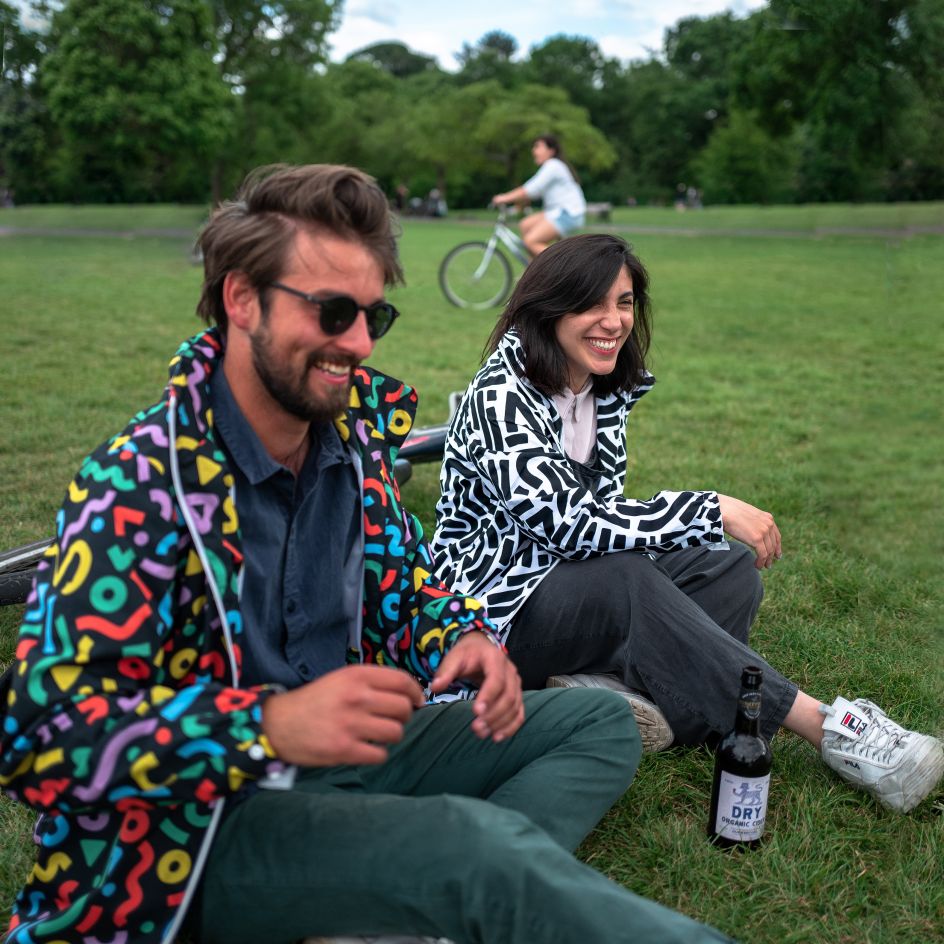
Labo Mono
6. Labo Mono
In the summer of 2018, designer Ali Namdari got caught in a downpour and realised he wanted to create the "ideal rain jacket" – one that isn't just pleasant to look at, but also "cleverly functional and durable" while using sustainable materials, and produced ethically. So he founded Labo Mono, and his urban jacket was born. Made from 30 recycled bottles and available in loads of cool designs, one purchase also means one donation to help refugees via Choose Love.
7. HebTroCo
Back in 2015, the founders behind HebToCo had an "idea in the pub", asking the question – was it possible to support small British manufacturers with production-sized orders, and get people wearing and using British made products again? Brant and Ed told everyone they were going to do it, so they felt they had no choice.
The pair started with trousers – later discovering that Hebden Bridge, where they lived, used to be known as 'Trousertown'. HebTroCo was launched on Kickstarter at the end of January 2016, with the aim to sell an initial batch of 176 pairs of trousers. They sold that batch in five hours, so quit their jobs, and committed to the business full time. Since then, Brant and Ed have added denim jeans, shirts, socks, hats and other paraphernalia working with makers, mills and factories right here in Britain.
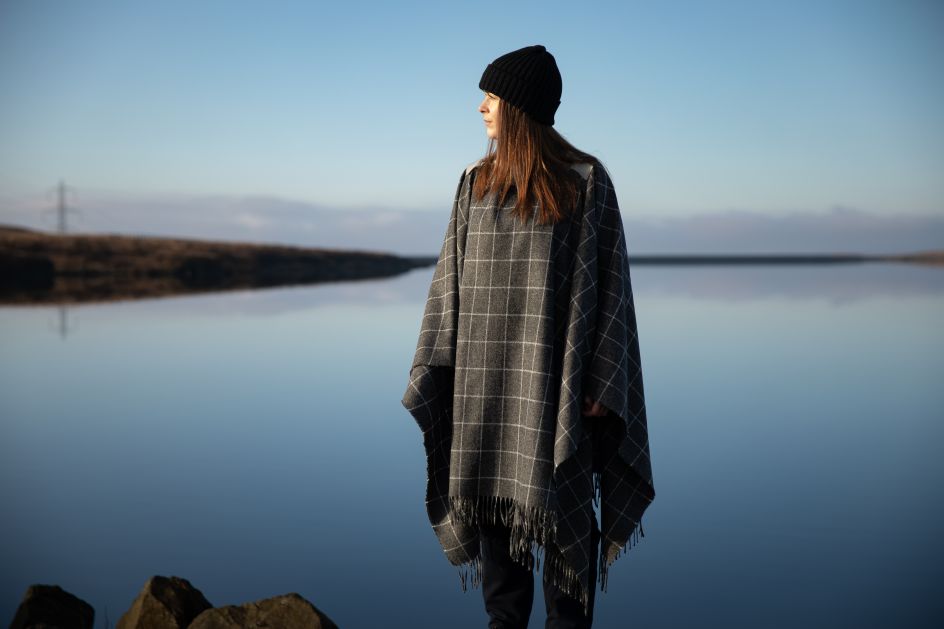
HebTroCo
Other notable brands to consider for clothing and accessories include Field & Found, Community Clothing, LF Markey, Cossac, Oliver Spencer and Wawwa Clothing. Thanks to the generous creative community for helping us pull together this excellent list of recommended sustainable clothing and accessories brands. Happy sustainable New Year!

















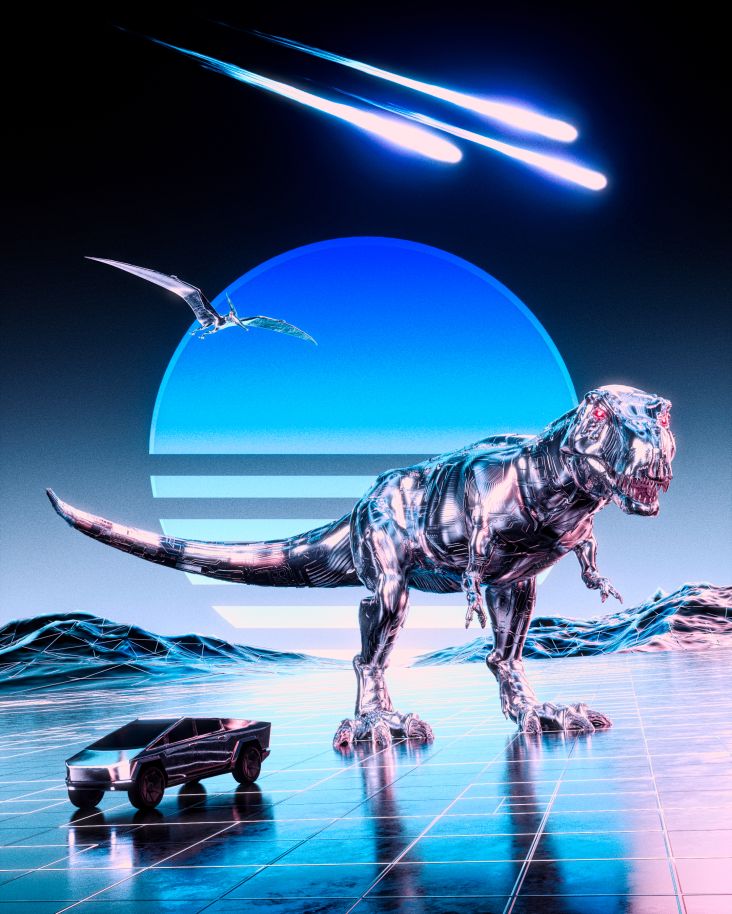
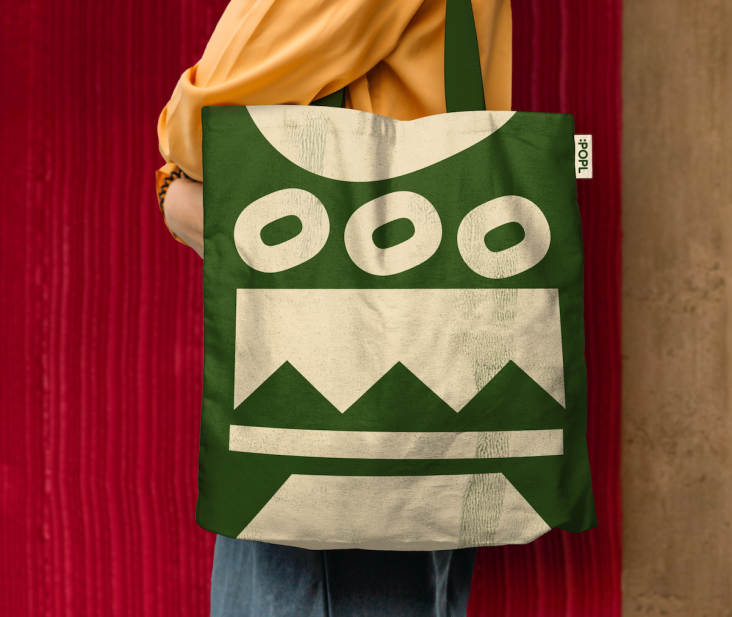
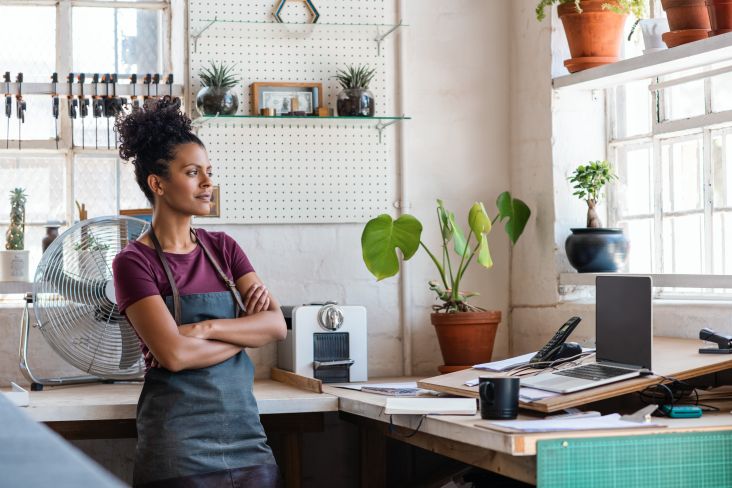
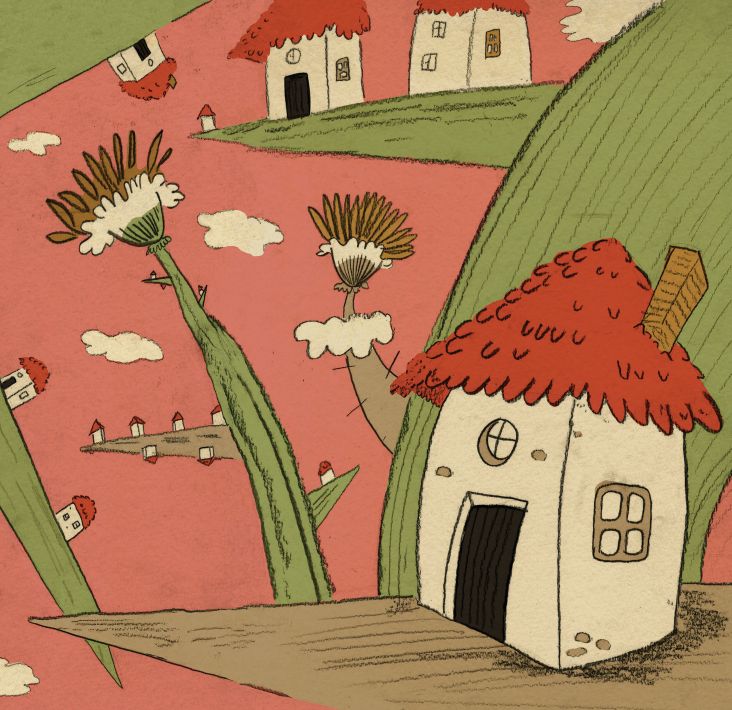
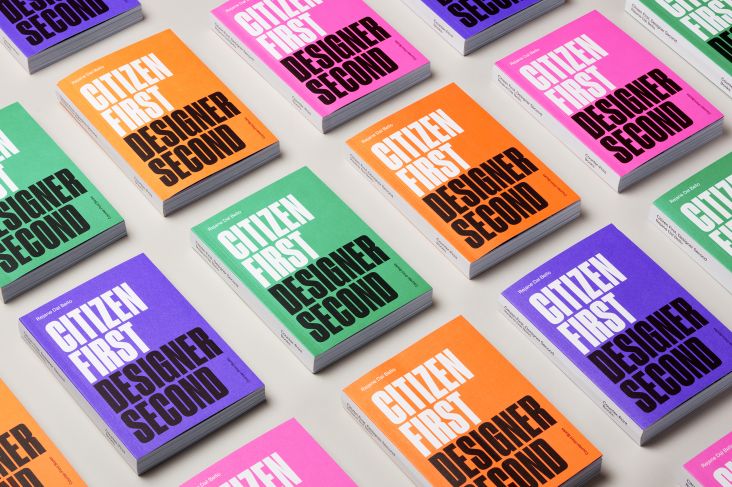
](https://www.creativeboom.com/upload/articles/fa/fa43d485824157cd9751c5ab202d8ef4119cdf26_732.jpg)
